The Commission published the 3rd November its proposal for the catches of fish stocks in the Atlantic Ocean, Kattegat and Skagerrak. Based on this proposal, EU fisheries ministers will adopt the final fishing opportunities at the Council on 13-14 December 2021, to apply as of 1 January 2022.
The Commission presents a proposal for 23 total allowable catches (TACs) for the fish stocks managed solely by the EU in the EU waters of the Atlantic Ocean, Kattegat and Skagerrak. The proposal will be updated after the conclusion of the consultations with the United Kingdom and Norway, and once the regional fisheries management organisations have taken their decisions.
Virginijus Sinkevičius, Commissioner for the Environment, Oceans and Fisheries, said: “Today’s proposal is a key milestone in keeping a healthy ecosystem and a profitable fishing sector. The Commission is committed to setting responsible catch limits in line with available scientific advice. Our Biodiversity Strategy sets it out clearly: our lives depend on the life of the oceans. Sustainability knows no boundaries. This is our guiding principle.”
Based on scientific advice delivered by the International Council for the Exploration of the Sea (ICES), the Commission proposes a decrease of more than -20% for four stocks: sole in the Bay of Biscay, sole in the west of Ireland, Norway lobster in Skagerrak and Kattegat; and cod in Kattegat. In Kattegat, the Commission proposes to maintain the ban on cod-targeting fishery and keep the by-catch allowance. This is intended to avoid the choking of the sustainable Norway lobster fishery in the area (meaning that the quota is quickly exhausted), as well as the safeguard measure of increased gear selectivity.
The Commission proposes increases for five stocks, including plaice in Kattegat, sole in Kattegat and Skagerrak, megrims in the Iberian waters, anglerfish in the Cantabrian Sea and Norway lobster in parts of the southern Bay of Biscay.
The proposal follows scientific advice very closely, with 100% of the TACs (9 stocks) proposed at maximum sustainable yield (MSY) level, for which there is advice available.
Further details of the proposal
Four TACs are delegated to a Member State (Guiana shrimps to France, two stocks of horse mackerel to Portugal and one stock of horse mackerel to Spain). A further four stocks are still awaiting scientific advice (two stocks of anchovy and two stocks of Norway lobster), while the TAC for one of the anchovy stocks (anchovy in the Iberian waters) has already been set until June 2022.
Today’s proposal also covers the TACs that will be decided in cooperation with non-EU countries, such as the United Kingdom and Norway, or through regional fisheries management organisations (RFMOs). International consultations for these stocks are still ongoing and the respective TACs are thus proposed provisionally (as “pm” or pro memoria), awaiting the outcome of the negotiation
Background
Fishing opportunities, or total allowable catches (TACs), are quotas set for most of Europe’s commercial fish stocks in order to keep their status healthy or to help them regenerate, while ensuring that EU fishers have healthy fish stocks to rely on for their economic basis. Under the Common Fisheries Policy (CFP), EU Member States are legally bound to manage fish stocks at sustainable levels.
Sustainable fishing has made substantial progress in the EU. In 2020, 62 out of the 78 TACs were set at levels that allows for a healthy future for both the biomass of the fish stocks and the fishers that rely on them, compared to only 5 out of 35 in 2009.
The Commission proposal is based on scientific advice from the International Council for the Exploration of the Sea (ICES). For stocks with a full scientific assessment, the Commission is proposing fishing levels in line with maximum sustainable yield (MSY) advice. For stocks for which less data is available, the Commission proposal is based on precautionary advice. In cases where ICES advises no catches, the Commission either proposes a small fishing quota for scientific fishery to ensure continued data collection, or limits the fishing to by-catches of the fish stock. In line with the provisions of the CFP and the applicable multiannual management plans, this prevents the creation of “choke” situations, allowing fishers to continue targeting the healthy stocks.
Stakeholders were consulted based on the Commission’s annual Communication Towards more sustainable fishing in the EU: state of play and orientations for 2022.

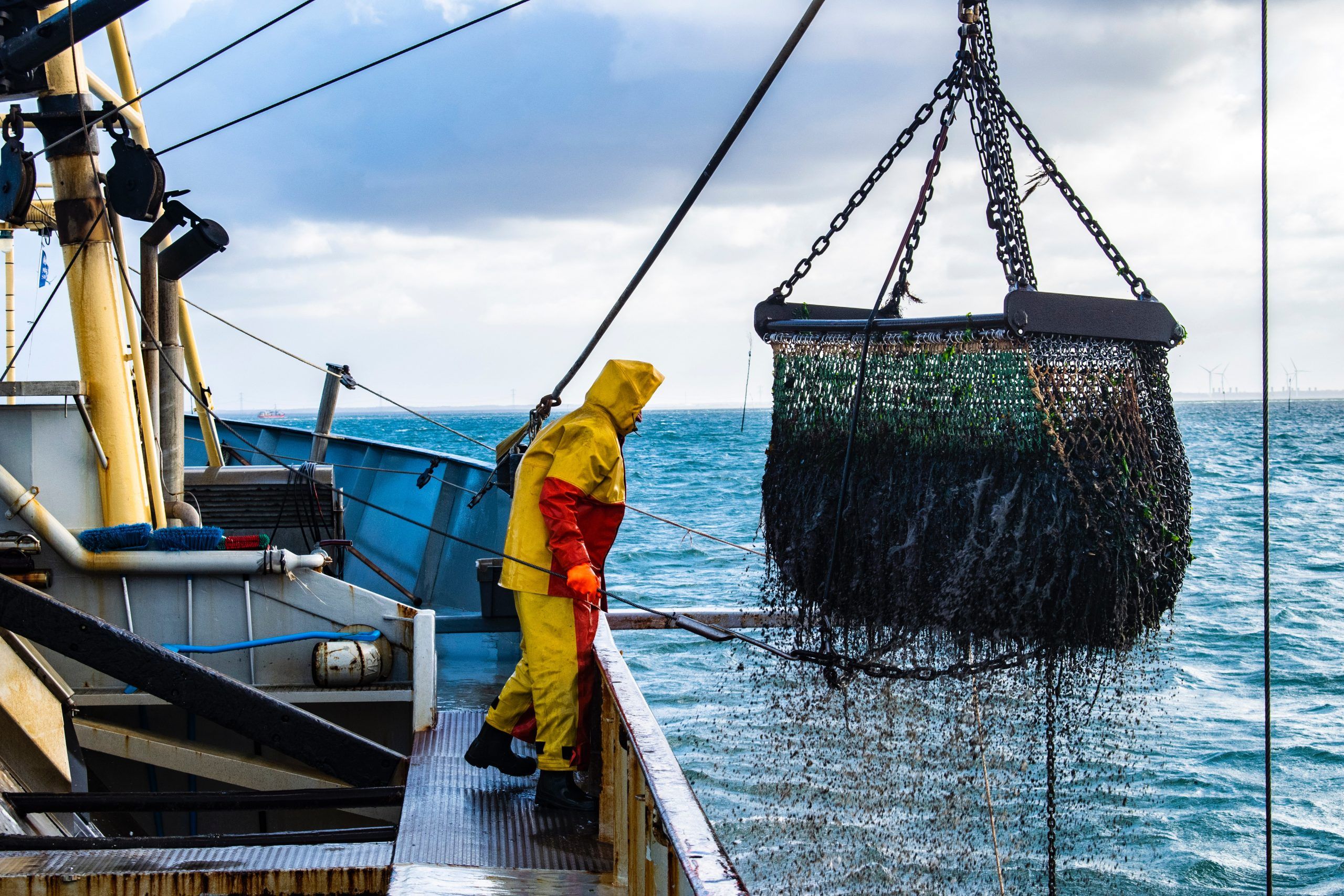
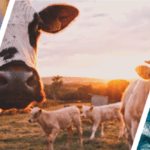
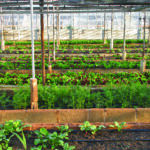

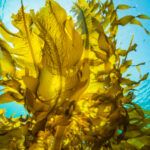
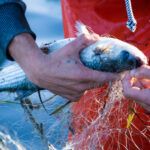
Leave a Reply